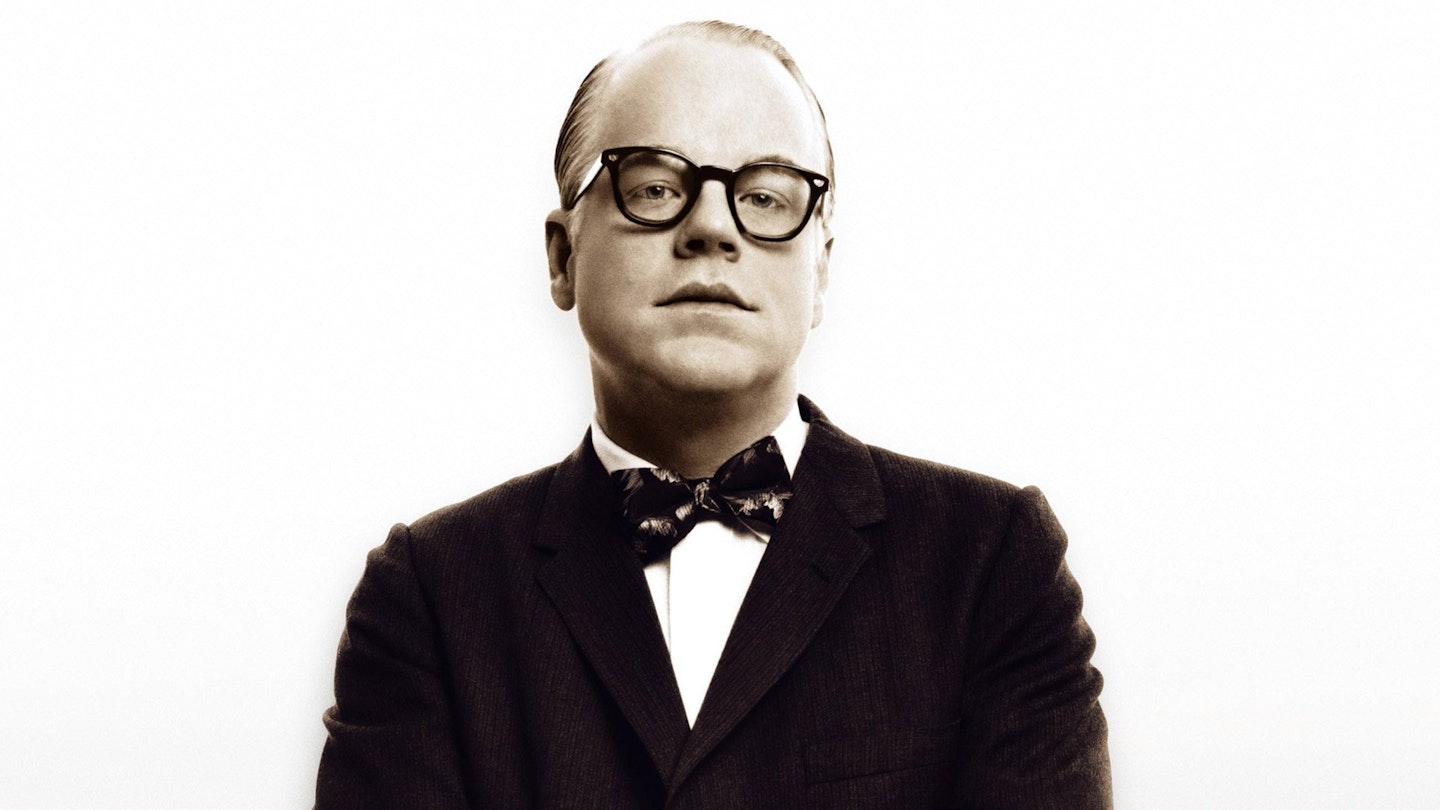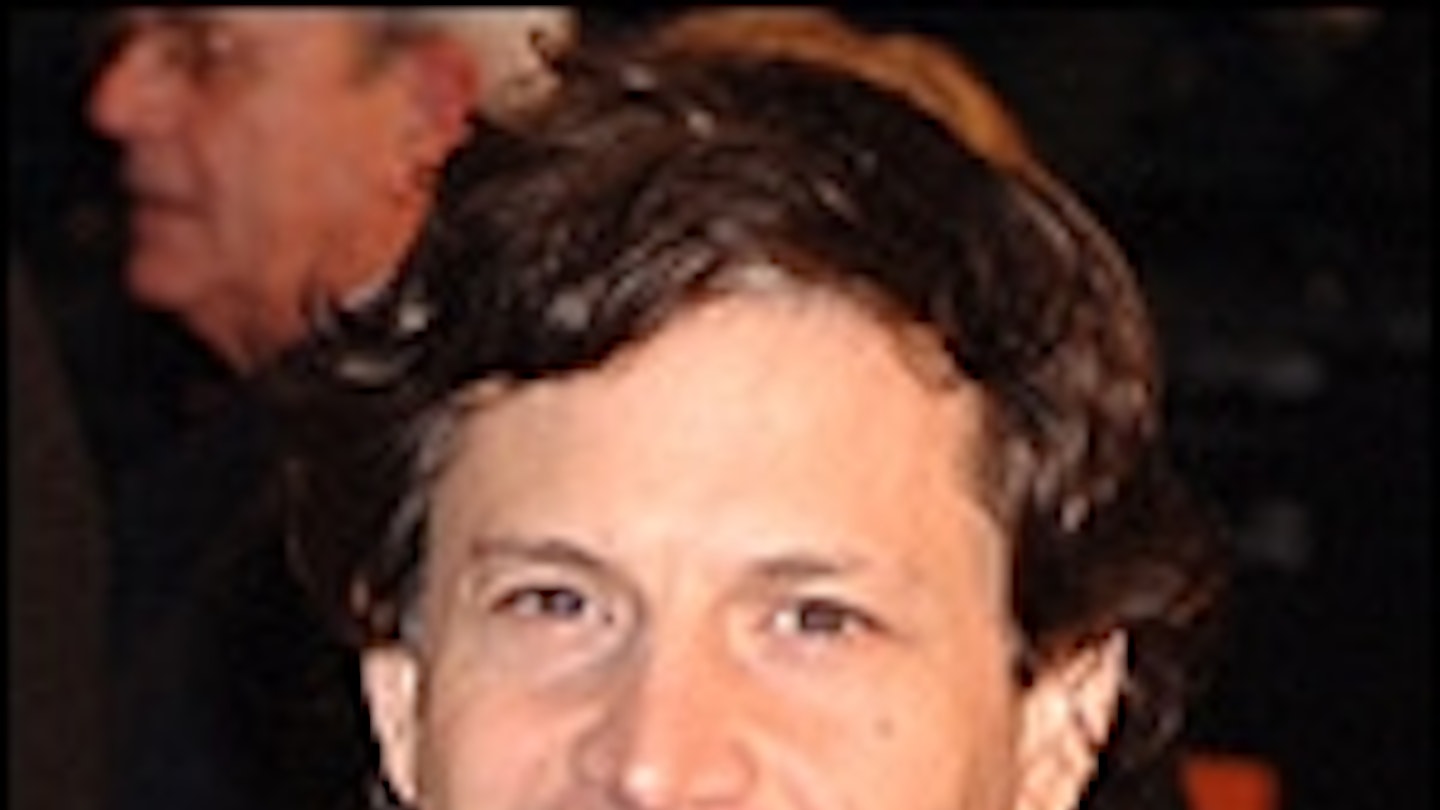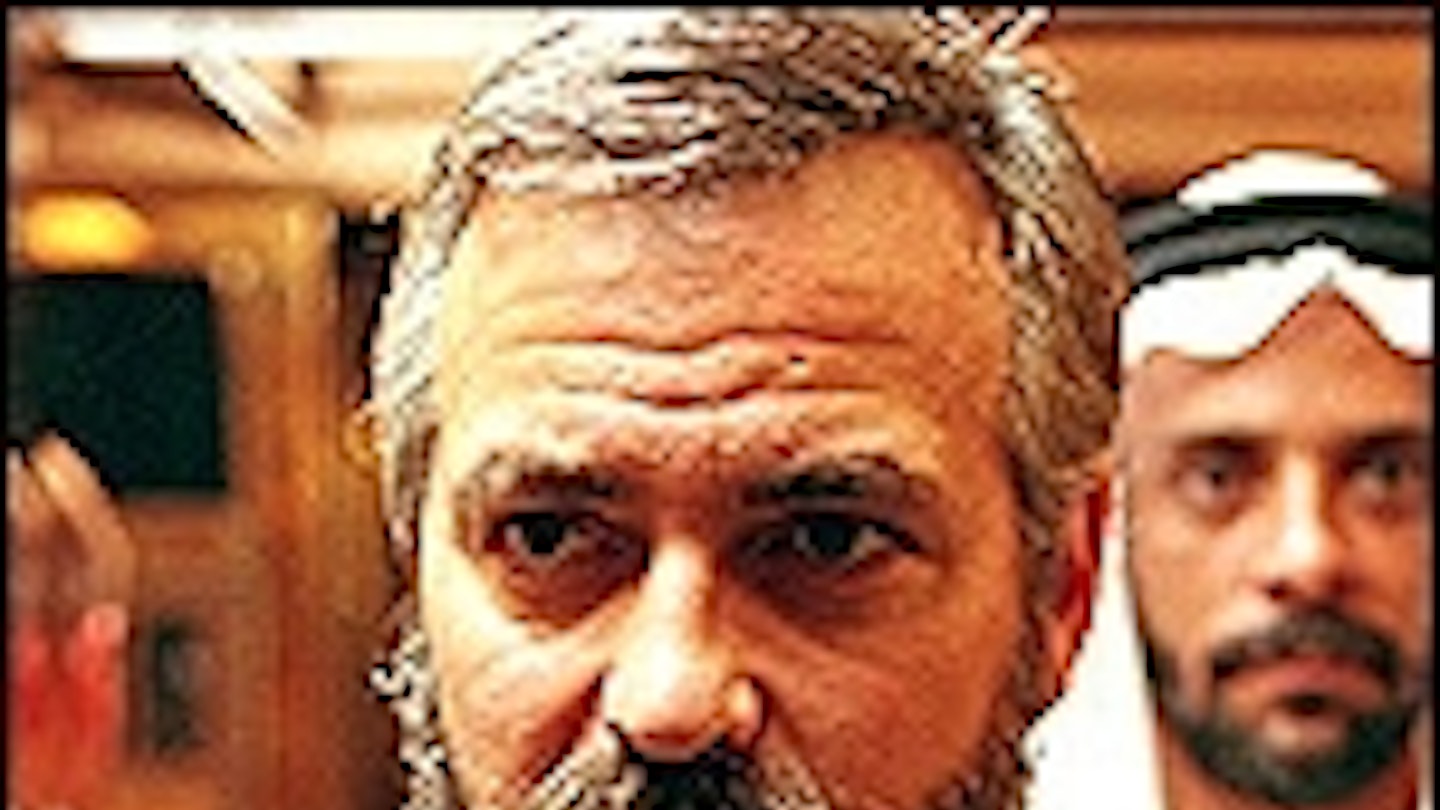Long ago, Hollywood realised that the trouble with making biopics of writers is that their lives tend to be dull — it’s 75 per cent sitting down scribbling and 25 per cent worrying about money, neither activity particularly exciting to watch. But an early writer biopic that clicked was The Life Of Emile Zola, the 1937 Best Picture Oscar winner. This skimped over decades of dreary novel-production to concentrate on the author’s involvement with the Dreyfus case, in which a French-Jewish army officer was wrongly convicted of treason. Zola got an editorial and a catchphrase (“J’accuse!”) out of his advocacy, but the Warner Bros. winner was more concerned with the intricacies of the famous miscarriage of justice and sufferings endured on Devil’s Island. Capote follows almost exactly the same course as the Zola movie, but for two things: Capote wrote his most enduring book, the “factual novel” In Cold Blood, about the Clutter Murders of 1959; and Perry Smith, who languishes Dreyfus-like on Death Row for half the film, was guilty.
Directed by Bennett Miller and written by Dan Futterman, Capote is distilled from Gerald Clarke’s like-titled biography, which covers all of the author’s life. It plays not as a full-on birth-to-death account of Truman Capote’s career or even a third dramatisation (after the famous 1967 movie and a TV remake) of In Cold Blood. The film is, like Mike Leigh’s Topsy-Turvy, a biopic of a work of art (here, art-cum-journalism), following In Cold Blood from conception (shotgun blasts in Kansas, a small headline read in New York) through its seven-year development to publication, spotlighting the demands it makes on a writer who’ll never complete anything again and the way the writing process affects people, like the cops and killers, who have other things on their mind. There are very few of those tear-a-page-out-of-the-typewriter-and-throw-the-crumpled-paper-in-a-wastebasket scenes that fail to convey what writing a book is actually like, but no movie has ever done better by the process of complicated creation, especially that home-stretch wish that the thing were finally done.
Aside from being a foot-and-a-half too tall, which is brilliantly concealed from the camera, Philip Seymour Hoffman is miraculously well-cast as Capote, a man who devoted his life to becoming an apparent caricature of himself. Hoffman does that cartoon voice (Capote sounded a lot like Tex Avery’s forlorn mutt Droopy) perfectly, but shows the canny, cold, compulsive brain working behind the sparkling eyes. Note how Capote, at first sight and sound the sort of flamboyant queen you’d expect to be tarred and feathered in middle America in 1959, gets close to key players in the case, wooing witnesses and befriending the cop on the case (Chris Cooper) through his literary-inclined wife (Amy Ryan). Though he becomes ambiguously smitten with the ‘sensitive’ Perry, Capote can calmly lie through the cell-bars about the judgmental title he has chosen for the book he hopes will clear his pal’s name.
While the film is about In Cold Blood, the frame allows exploration of Capote’s relationships with longtime/long-suffering companion Jack Dunphy (Bruce Greenwood) and childhood friend/research assistant/fellow author Nelle Harper Lee (Catherine Keener).
In Cold Blood divides Capote’s life, but Capote the movie shows the before (cocktail-party celebrity on the back of Breakfast At Tiffany’s) and after (a slide to alcoholism and writer’s block) mingling as the writer wrestles with his material, desires, conscience and perhaps-necessary artistic callousness.




